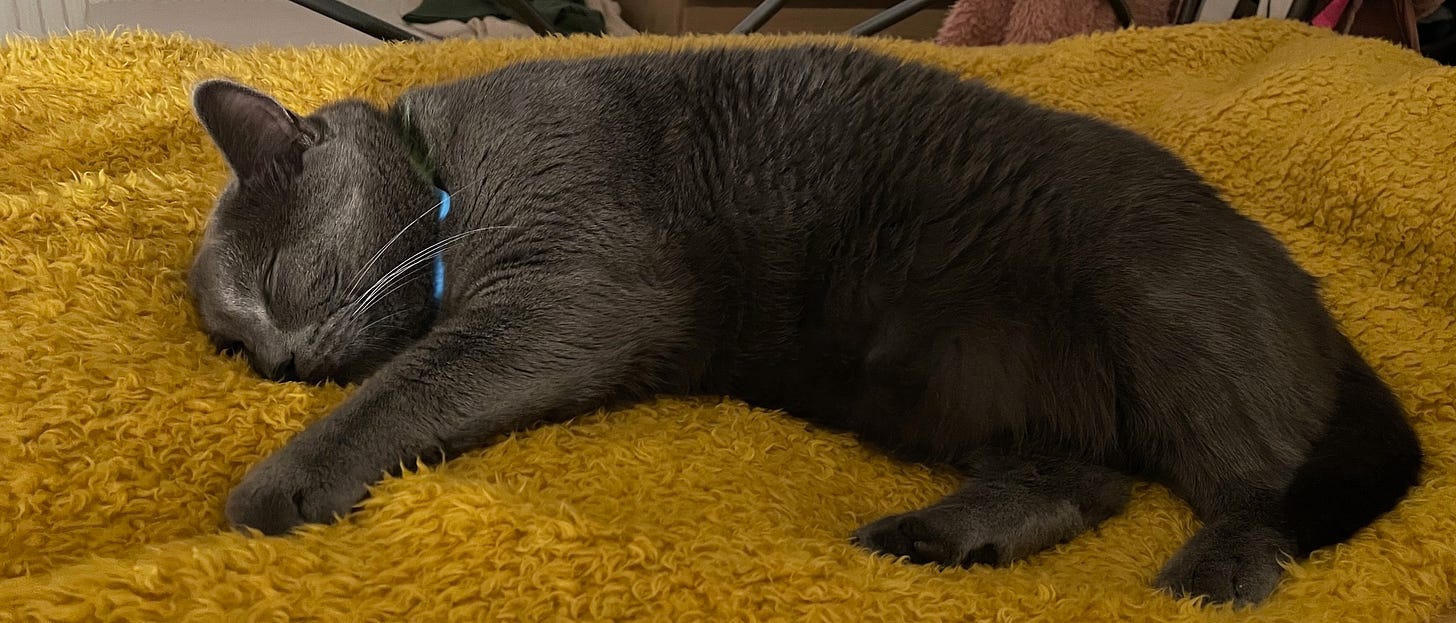Daveslist Volume 3 Issue 19 👩🏾💻
Customers, users, residents, citizens aaaaaargggghhh
Hey gang!
After my last newsletter, in which I spent this introductory paragraph beating myself for my lack of regularity, several of you got in touch to say that I shouldn’t worry about it so much. Thank you! I won’t mention it again.
On what we should call the folk who engage with local public services
Bit of an old chestnut, this, that I referred to in another post and I have been mulling on for a while.
User feels a bit techie, a bit too transactional, and sometimes like somebody who indulges in illicit substances. However it is delightfully generic.
Customers tend to have somewhere else to go, unlike many of those who engage with local public services. It does have it’s benefits though - it works for businesses and communities as well as individuals, and it is helpful to get colleagues to take improving the ‘customer’ experience seriously.
Citizens is a very complicated term in the UK, and besides, many of the people we work with are citizens of other places, not the UK.
Residents is one that I have liked for a while, but it doesn’t cover people who commute in, or visit for other reasons.
Businesses and community groups need to be factored in and the more individual terms don’t really cover this base. In work in the past, I have used the long and rather awkward ‘residents, communities, and businesses’. I now look on this period with a sense of shame.
On LinkedIn, Craig Hervey from Solihull asked why we don’t just use ‘the public’ - and he had a point. On mulling this though, I find the need for the definitive article a bit clumsy sometimes, and often plain old ‘public’ sounds just a bit weird.
On a current project working on digital strategy for a small local authority, I’ve needed to come up with a term to use, and this time I am trying to stick with ‘people’. Sometimes it can appear vague, which is a problem, but I then do a bit of work on the rest of the sentence to try and provide any additional context that is needed.
So that’s that, for now, for me. Those who engage with local public services are people.
Workshops and training days work brilliantly with small cohorts of people - but if you want to get your whole organisation on board with digital, what do you do? One option might be my 'Digital Essentials' e-learning course!
This issue’s links
Lovely bit of LocalGov blogging: Nature’s Genius: Service Innovation through Biomimicry.
Working as a community to iterate the task list pattern.
This is a great story, about the wonder that was Yahoo Pipes, beautifully told… and now I am really interested in Retool, so I guess it did its job (tech marketers, take note)!
I had no idea that Sarah Lay was back working in local gov, but am delighted she is.
A reflective, open and personal post from Carl. People – including ourselves – are not perfect, and that’s just the way it should be.
The challenge now for design in policy – I like a lot of the stuff in this post, which includes lessons that work for many relatively new disciplines, not just design.
Am rather liking the challenging nature of some of dxw’s blogging these days: Service delivery is broken – it’s time to join it up.
Why Neil Williams writes weeknotes.
CAPE is quite interesting, collecting data and plans from councils on climate stuff.
Jeremy weeknoted. It really is just like old times.
GOV.UK Cookie banner and why it “won’t go away”.
The struggles of the web browser.
That’s it for this issue. Don’t forget to hit reply if you have any feedback, or forward this on to anyone you think may enjoy it.
Also, if I can help you with anything, you can hire me!
Until next time,
Dave ❤️



